Asia Pacific Economic Cooperation ministers from Australia, Singapore, New Zealand and South Korea have recently signed a statement of intent to develop a framework that will facilitate regional cross-border fund sales.
The Passport will allow fund managers working in one signed-up economy to sell their funds in other member economies. It is understood that other Asian economies will join at a later stage.
“An agreement to establish an Asian region funds passport opens up the possibility of Asia’s savings being managed from Australia, and for Australians to more easily tap into the extraordinary economic growth and development in the region,” Financial Services Council chief executive John Brogden says in a statement.
“While there is still work to be done before the Passport gets off the ground, the signing of the agreement [is] a landmark event for the financial services industry,” Brogden said.
“It is expensive and cumbersome for fund managers to distribute their products in different markets in the Asia region in the current environment,” Brogden continued.
“The Asia Region Funds Passport will remove regulatory inefficiencies so fund managers can offer their products across the region and investors can take advantage of economic growth in the Asian market.”
In short, the Passport will establish a multilateral framework allowing the cross border marketing of funds across participating countries.
Full implementation of the scheme will allow Australian fund managers to sell investment management products in participating Asian countries and manage Asian money in Australia under existing Australian regulations and laws. No longer will there be a need to ‘top up’ on licences to comply with the laws of other participating jurisdictions.
BACKGROUND
The population of the Asia region is over 4 billion, representing 60% of the world’s population. This population is expected to grow by 25% by 2050 and ageing of the population will be at its most rapid between 2010 and 2030.
The OECD has reported that “many of Asia’s retirement-income systems are ill prepared for the rapid population ageing that will occur over the next two decades”. This represents a vast opportunity for Australia’s world class funds management system – to become universally available to people throughout Asia.
As the Significant Investor Visa opportunities have recently shown to fund managers, there is also a growing wealth management opportunity with the numbers of high net worth individuals in Asia expected to surge by 88% between 2012 and 2022. This will result in greater demand for access to global investment choices and more efficient cross-border capital flows – both of which the Passport intends to deliver.
Further, Australian fund managers will be interested in markets like South Korea (with $270 billion under management) and Singapore which has $1 trillion in funds under management.
CHALLENGES FOR THE IMPLEMENTATION OF THE PASSPORT
There are certain issues ahead for the Passport’s successful development and implementation. For example, how will the scheme successfully operate across the differing political, legislative, and taxation requirements in the region? Will the participating countries be able to agree on the scope and form of the Passport?
The Passport is modelled on the Undertakings for Collective Investment in Transferable Securities, (UCITS) which is a set of European Union (EU) directives that aim to allow collective investment schemes to operate freely throughout the EU on the basis of a single authorisation from one member state.
Since the UCITS has been in operation the EU has seen a large increase in investment fund assets across the EU, as well as an increase in properly regulated portable products.
However, in practice many EU member nations have also imposed additional regulatory requirements that have impeded free operation with the end effect of protecting local asset managers. There have also been issues with different local laws and the application of significant taxation laws between EU members which has ultimately cut back on the free operation of the scheme.
These are just some of issues that need to be negotiated for the successful future operation of the Passport. Interestingly, other differences which might become issues for the Passport include the fact that there is no overarching body similar to the EU and there is also no single currency between Passport members. Finally, the Passport would have to also navigate differing local legislation, varying degrees of development in market size, and differing levels of investor sophistication.
EXPECTED TIMING OF NEXT STEPS
The signing of the statement of intent for the Passport itself will not launch the Passport scheme.
It is proposed that consultation papers will be published in each participating country in 2014, regulations will be considered in 2015 and a pilot scheme for the Passport may commence in 2016 if legislation is settled by the end of 2015.
